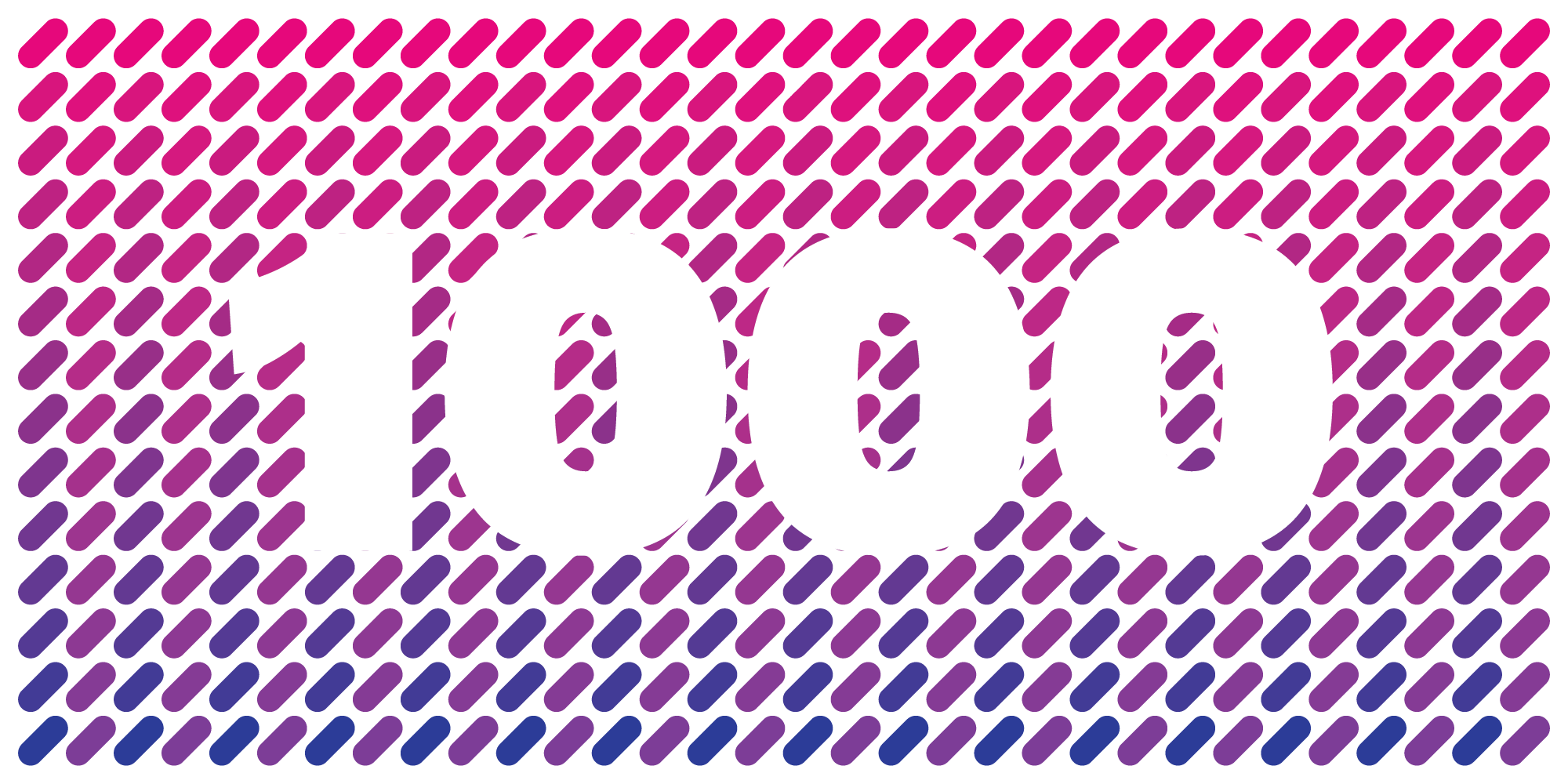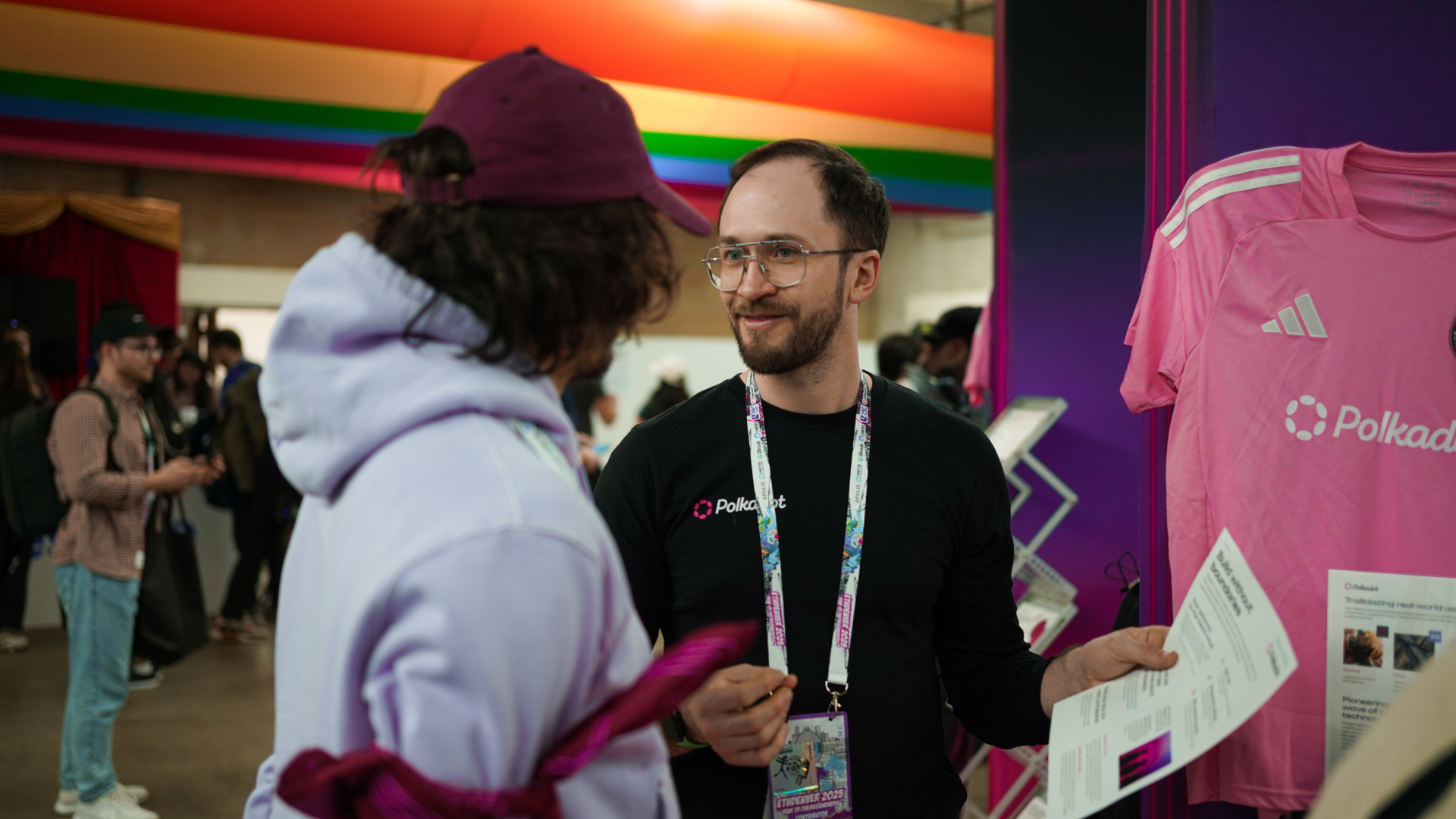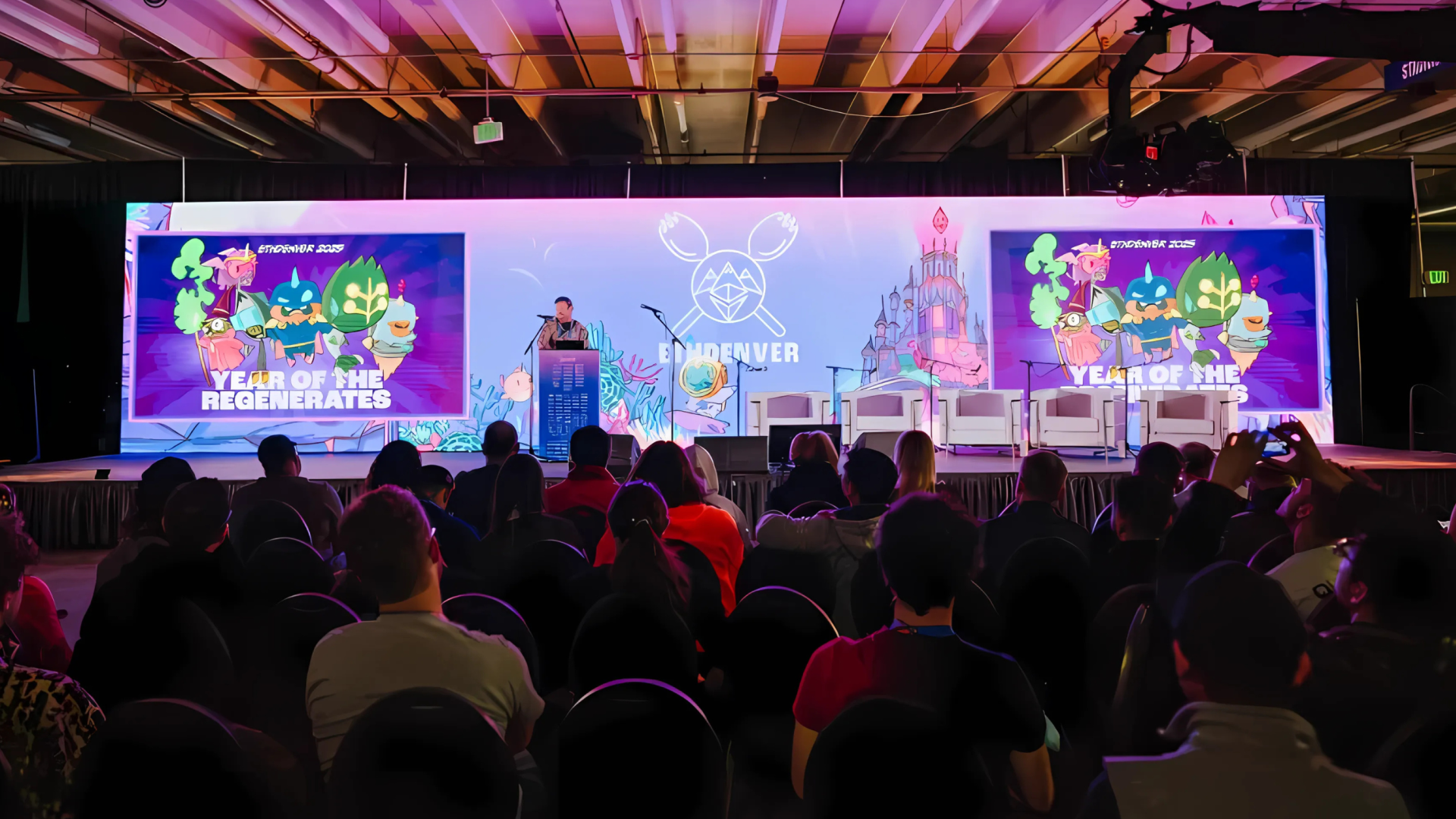Supporting Decentralization: Join the Polkadot Thousand Validators Programme
Web3 Foundation has created a Thousand Validators Programme for Polkadot. Apply and follow the validator setup instructions, and you could be eligible to receive nominations from Web3 Foundation to help kickstart your Polkadot node.
 By Polkadot•December 4, 2020
By Polkadot•December 4, 2020
Web3 Foundation has created a Thousand Validators Programme for Polkadot. Apply and follow the validator setup instructions, and you could be eligible to receive nominations from Web3 Foundation to help kickstart your Polkadot node. By joining the programme you can support the strength of the network by contributing to the shared security of Polkadot and creating more decentralization.
What is the Polkadot network?
Polkadot is a next-generation sharded blockchain network founded by Gavin Wood, co-founder and former CTO of Ethereum. Since the launch of its genesis block on May 26, 2020, the Polkadot network has seen a lot of developments. On July 20, it became fully decentralized when Sudo was removed and governance of the chain transitioned into the hands of the token (DOT) holders, with the network secured by 100 validators. This figure has since grown to over 230.
Validators in the Polkadot network are computer nodes/servers that verify that the information contained in an assigned set of parachain blocks is valid. They also participate in consensus with other validators using a hybrid consensus protocol that splits the finality gadget (GRANDPA) from the block production mechanism (BABE). See here for more details about BABE and GRANDPA.
While they are rewarded for validating blocks successfully, validators are “slashed” (fined) if they behave badly. This economic incentive helps ensure “good behavior” and adds to the security of the system.
Everyone can apply to become a candidate for being elected as validator. The nominated proof of stake (NPoS) protocol chooses the set of active validators regularly based on how much stake is backing the candidates. This stake can be from the candidate itself (so-called self-stake) or backing from nominators. See here to learn more about NPoS.
Under the Polkadot 1,000 Validators Programme, each validator candidate needs to to have self-stake (currently, a minimum of 5,000 DOT) and fulfill a number of requirements to be eligible for nomination by Web3 Foundation.
Ensuring Decentralization
A problem related to decentralization often encountered by blockchain networks is the presence of “whales” – owners of a large amount of the network’s tokens. Due to the size of their holdings they have the potential to unfairly influence the network and destabilize the system. To reduce this possibility, in the Polkadot NPoS system an unlimited number of token holders can back a large number of validators. This allows for a massive amount of stake to back validators, much higher than any single user’s holding.
Another common problem is the inability of independent validators to gain enough support to thrive. As a validator you are accountable for not only your own stake, but also the stake of the nominators who backed you, as errors can result in slashing for both of you. Nominators need to trust the validator they back, therefore a good reputation is invaluable in the ecosystem.
To address these issues and enable further decentralization, Web3 Foundation is supporting the 1,000 Validators Programme for Polkadot, encouraging more validators to join.
A Thousand Validators on Kusama
A Thousand Validators Programme has been successfully running on Kusama since Feb 2020. Kusama, Polkadot’s “wild cousin” and canary network, has increased its validators from 25 at launch to 700 validators, with a motion recently passed that will increase that further to 900. Along with supporting decentralization in Polkadot, Web3 Foundation is also extending the Kusama 1,000 Validators Programme and allowing participants to run multiple eligible nodes.
What does it take to join the Polkadot Thousand Validators Programme?
Being a validator comes with responsibility and requires technical skill and reliability. To ensure this, a number of factors are required. Candidates should have:
- experience as a validator in the Kusama Thousand Validators Programme, with a reputation rank of 25 or higher (Normally requires around three months experience.)
- a verified on-chain identity on Polkadot and Kusama
- a minimum stash of 5,000 DOT
- validator nodes connect to a dedicated telemetry server
- commission charged at a maximum of 3%
- Reward destination must be set to ‘Staked’,
- completed a one-week monitoring period to ensure stable operations
- all nodes upgraded to the latest version within 12 hours of its release if it is labeled "critical" or "high" priority and 24 hours if it is labeled "medium" or "low" priority.
Depending on the volume of applicants, Validators with less than 5,000 DOT self staked will still be considered on a case-by-case basis; they’ll need to make a case for good-intentions (i.e. what their contributions to the network are, how long they have been a validator, what kind of validator setup they run, what their approach to security is, what regions they operate in, etc.).
Ready to take part?
Get more details and apply for the programme here.
Find out more about setting up and running a validator on Kusama and Polkadot at these links:
Podcast — Staking and Validating on Kusama and Polkadot
YouTube – How to Run a Validator on Kusama and Polkadot
Support Chat – Join the Kusama Validator Lounge
Wiki – Run a Validator (Polkadot)
Join the conversation in the Polkadot Validator’s Lounge on Element
Learn more about Polkadot
Get involved with the Polkadot Community
Unfortunately scams are very common in the crypto space. With the growing popularity of Polkadot and Kusama, we are also seeing a rise of imposters trying to scam our community. In order to protect yourself and reduce the risk of losing your funds, read our comprehensive list of known scams and how to recognize them in our Wiki here.











